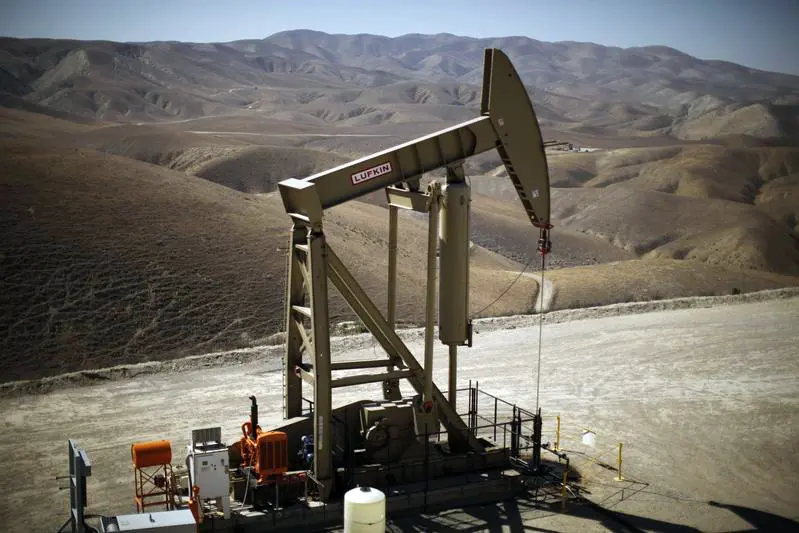PHOTO
In spite of a challenging global environment, Algeria is moving ahead on several key hydrocarbons projects, targeting renewed investment from international oil and gas majors.
Following last year's announcement to postpone bidding rounds for oil and gas exploration rights on new blocks due to low global levels of upstream investment, a new round of negotiations and projects focused on boosting production at existing fields may signal that state energy company Sonatrach - which accounts for around 80% of Algeria's hydrocarbons production - is shifting strategies.
Higher stakesIn March the company announced plans to offer international energy companies direct negotiations to purchase stakes in 20 oil and gas fields in central and southern Algeria.
The fields, which Sonatrach acquired from state hydrocarbons agency ALNAFT in September as part of a streamlining process, are located in the wilayas (provinces) of Ouargla and Adrar as well as in Illizi, near the Libyan border, according to media reports.
While about 30 foreign energy firms currently operate in Algeria, production-sharing contracts and Customs delays have historically been cited as hurdles to investment.
Sonatrach's new bilateral contracts are expected to offer foreign investors increased flexibility, while recent restructuring at the state energy operator is aimed at minimising bureaucracy and improving business processes.
Production gainsAlgeria remains heavily reliant on hydrocarbons, with oil and gas accounting for 95% of exports, nearly 30% of GDP and about 60% of government revenues.
Hydrocarbons output has declined in recent years as a result of the country's maturing fields, with production levels peaking in 2007 at around 233m tonnes of oil equivalent (toe) before slipping to 153m tonnes last year.
According to new government targets, however, output is expected to increase by 13% to 224m toe by 2019, as production in existing oilfields is maximised and several gas fields already in development with foreign partners in the south of the country come on-line over the next two years.
In addition, the In Amenas gas plant, which accounted for around 11% of national gas production prior to the 2013 attack from Islamist militants, is scheduled to resume full operations this month, which should raise output by another 1.3m toe or so per year.
Field improvementsEarly last month Sonatrach awarded a $339m contract to Japan Gas Corporation to help boost production at Hassi Messaoud, the country's largest oil field, with around 3.9bn barrels of recoverable reserves. According to media reports, the deal includes plans for refurbishments and the development of a new production system.
The government is also aiming to strengthen production and transport capacity in and around the Berkine, El Merk and Hassi R'Mel fields.
Located some 400 km south-east of Algiers, Hassi R'Mel is the country's largest gas-producing field, with more than 2.4trn scm of recoverable reserves. While accounting for more than half of Algeria's gas production, output from the field has declined in recent years.
In a bid to keep pace with increased production, Sonatrach announced plans last month to invest in additional distribution infrastructure in the region.
"Sonatrach will invest $3.2bn from 2016 to 2020...including $530m in 2016," Arbi Bey Slimane, vice-president for pipeline transportation, told media in March. The plan includes some 1650 km of pipeline and a total of six compressing and pumping stations.
The company is currently developing two gas compression plants around Hassi R'Mel - one scheduled to be commissioned in July 2016 and the other expected to come on-line in August 2019.
These facilities will pressurise gas to allow it to be transported through pipelines to the national gas distribution centre.
The first plant, which is being built at a cost of around AD16.74bn (€135.5m), will open with an annual transport capacity of 14bn scm per year before scaling up to 28bn scm. The second facility, meanwhile, is expected to cost AD3.03bn (€24.7m) and take an estimated 27 months to build.
Increasing regional gas output and distribution is part of a wider bid to eventually boost supply to Europe, Slimane said. The EU is currently in talks with Algeria, as the bloc is looking for alternative source markets to Russia, which accounts for more than 30% of EU gas consumption.
© Oxford Business Group 2016





















